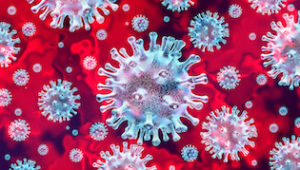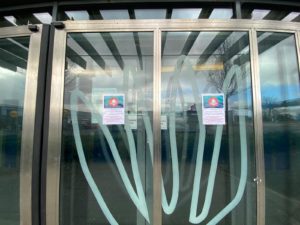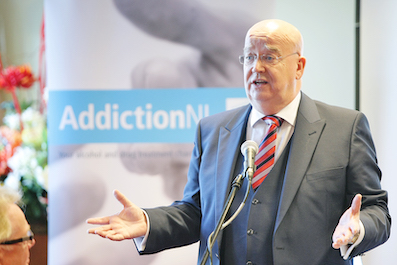A WEST Belfast GP has said that testing for the coronavirus needs to be ramped up dramatically to save lives.
Dr George O'Neill was speaking after it emerged that around one hundred people per day were being assessed for Covid-19 at Beech Hall in West Belfast.
![DR GEORGE O'NEILL[/caption]](https://belfastmedia.com/wp-content/uploads/2020/04/00184233-300x200.jpg)
DR GEORGE O'NEILL[/caption]
The number of patients being assessed had doubled since the Belfast Trust-run Wellbeing and Treatment Centre was first chosen to operate as an assessment centre during the Coronavirus crisis. The Andersonstown building, which is the main Covid-19 assessment centre in Belfast, was set up to treat people who do not meet the criteria for inpatient admission.
Dr O’Neill, who has 40-plus years GP experience and operates a branch surgery on the Springfield Road and Andersonstown Road, said it was important to stress that Beech Hall is “an assessment – not a testing centre”.
#Covid19 (Coronavirus) statistics in Northern Ireland including hospital bed capacity, numbers in hospitals and ICU. pic.twitter.com/AdOyqeEtHF
— Health and Social Care Board (@HSCBoard) April 16, 2020
“There have been difficulties with people turning up thinking that they can get tested and it has caused problems,” he said.
“People are turning up off their own bat, not an awful lot but there are some. People are contacting their GPs and asking ‘why can’t I go along to be tested at Beech Hall?’ But Beech Hall does not do testing. The whole purpose of Beech Hall is to try and keep GP practices ‘free of’ the virus. Other diseases, issues were there before Covid and still continue such as sinus trouble, appendicitis, mental health issues, they don’t go away and have to be dealt with also.”

DR O'NEILL: Two metres is not enough
Dr O’Neill, chairman of the West Belfast Federation of GPs, explained the process of accessing the assessment centre for those suspected of having Coronavirus symptoms.
“You can contact your GP, the GP can triage this, this can be done using telephone and more and more we are using WhatsApp or Skype to look at people, look at their history and follow what they are telling us for all the signs of symptoms. If the person is clearly very seriously ill then its an ambulance straight to the emergency department. If you’re not sure and the person is stable then you can refer them to Beech Hall. This is done by the GP practice, generating a letter, which goes electronically to Beech Hall.
“The letter is looked at by the doctor in charge and arrangements are made to contact the patient to give them a time to come down with a list of instructions as to what they should and shouldn’t do. An appointment time is given and they wait in the car then they are telephoned and brought into a room were observations are made, bloods taken as well as oxygen levels. It’s the GPs who have volunteered to take on this role, some GP practices are down a GP, some down two but it’s the GPs who are keeping this service running.
“The staff are trying to do their best, there are cleaners, people looking after scrubs, security, administrators, all these people are working, they are putting themselves at risk to try and help others and that has to be respected as well as admired. I have spoken to a lot of frightened, scared young colleagues right across the medical profession who are concerned for themselves, their families and relatives.”
SOCIAL DISTANCING
Dr O’Neill stressed the ongoing importance of social distancing and that how 80 per cent of people who contract Covid-19 have very minor symptoms and do not realise they are source of infection to others.
“In my view the guidelines around being two metres apart – two metres isn’t enough. I don’t think you can be far enough away from people. Neglect of the social distancing advice could result in those putting others at risk, which could result in people dying, their relatives, their parents, their grandmothers and grandfathers.”
Dr O’Neill said that while “we can’t stop this – we can delay it”.

New signage at Beech Hall indicating its role as Covid-19 treatment centre
“The longer we delay it, the better the NHS can cope, the more people will benefit and the more lives will be saved.
“Everybody has a responsibility. I know it’s very hard for young people who think that nobody can get at them, that they are immortal but they have to be really cautious. I want to appeal to our government to develop ‘testing, testing, testing’. The two things that strike me is that Germany has a much lower death rate than we have because they test, they pick up, they isolate and then do contact tracing. One per cent of the population of Australia has been tested – they have got a handle on this so we really should be looking at ramping up testing."






